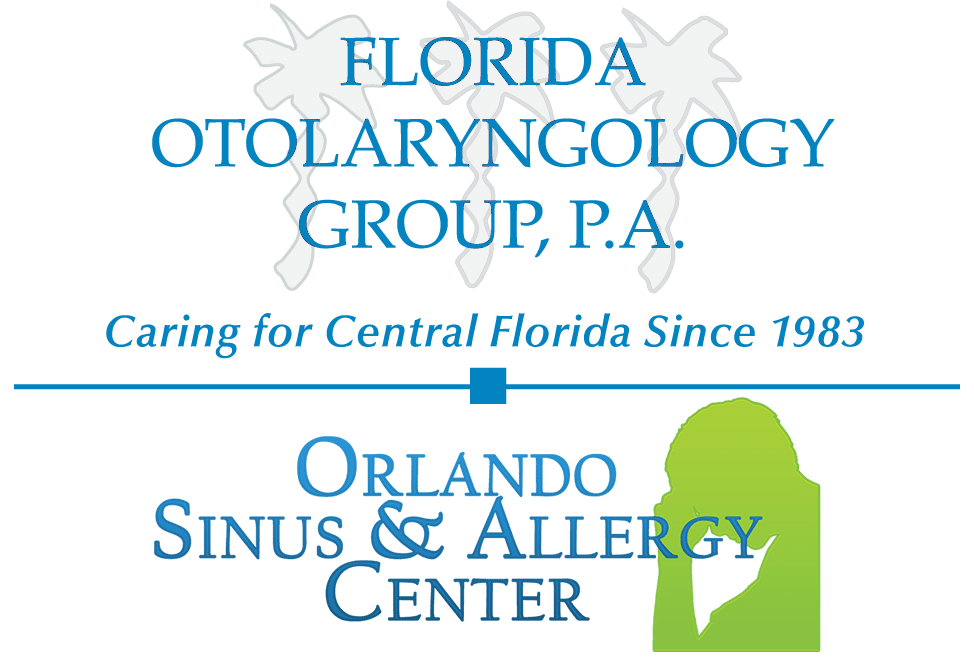The vocal cords are two bands of smooth muscle tissue that are located in your larynx, otherwise known as your voice box. The vocal cords vibrate when air passes through them, which produces sound. The pitch of the sound depends on how much tension is placed on the vocal cords, and how fast the air moves through them. If your vocal cords experience any kind of trauma in the form of constant coughing (from illness), vocal overuse (singing, talking loudly, coaching), inflammation from allergies or harm from acid reflux, you may develop vocal cord growths.


What Are Vocal Cord Growths?
Vocal cord growths are also known as vocal cord nodules, polyps, or cysts. They are benign (non-cancerous) lesions that grow on the vocal cords.
- The most common type of vocal cord growth is nodules, which form due to vocal misuse or overuse. These form around the midpoint of the vocal cords and resemble calluses.
- Polyps, on the other hand, are often caused by a one-time traumatic event, such as screaming at a concert or cheering at a sporting event but may also be caused by long-term irritation from things like gastroesophageal reflux disease (GERD) or smoking. They are very similar to blisters, as they appear reddish, and are more vascularized than their nodule counterparts.
- Vocal cord cysts are fluid-filled sacs that usually develop in response to an infection. You can get mucus retention cysts (saliva containing), or epidermoid (keratin containing).
Other types of vocal cord growths include leiomyomas and papillomas.
What Symptoms Should You Look Out For?
The most noticeable symptom of a vocal cord growth is hearing a change in your voice’s pitch and sound. You may also notice the following symptoms:
- Hoarseness: this is when your voice becomes strained, breathy, or sounds raspy. The volume and pitch of your voice may change to become louder, softer, higher, or lower.
- Breathiness: needing to breath frequently while speaking.
- Shooting pain that occurs at the voicebox, general neck pain, or pain as a lump in the throat.
You may also experience a loss of vocal range, inability to change vocal tones, or find yourself with vocal fatigue. Most individuals note that their voice becomes a lot raspier, harsh, or scratchy. You may also experience frequent coughing or feel the need to clear your throat frequently. If these symptoms persist for more than 2-3 weeks, then you should seek out an Ear, Nose, Throat (ENT) specialist to get a proper diagnosis and treatment plan.

How Are Vocal Cord Growths Removed? 3 Treatment Options
The optimal treatment varies and is dependent on what condition you’re facing, as well as the size and location of your vocal cord growth. If you have a small vocal cord growth, this can be treated with voice therapy or medical management and does not necessarily have to be surgically removed. However, if you have a larger lesion, this may need to be removed surgically.
- Voice Therapy: is a type of rehabilitation that helps to train/retrain your voice muscles. This can help to improve vocal quality, sound, pitch, and overall function. A speech-language pathologist will work with you on things like proper breathing techniques, how to increase or decrease the amount of air pressure being used when speaking or singing, as well as vowel and consonant production.
- Medical Management: if your growth is small, you may be able to manage it with medication. This includes things like corticosteroids (to reduce inflammation), antihistamines (for allergies), antacid medications (to neutralize stomach acids), or botulinum toxin injections (to weaken the muscles around the vocal cords). These are typically only temporary solutions and will not permanently fix the problem unless the root cause is addressed (e.g. smoking, acid reflux).
- Vocal Cord Growth Surgery: if you have a larger growth, or one that is not responding to voice therapy or medical management, you may need surgery to remove it. The type of surgery will depend on the size and location of your growth.


For example, if you have a small growth on the surface of your vocal cord, this can be removed with laser surgery. Laser surgery is a quick and effective way to remove small vocal cord growths. The laser beam vaporizes the growth without damaging the surrounding tissue. This type of surgery is usually done on an outpatient basis, which means you can go home the same day.
However, if you have a larger growth that is located deeper in the vocal cord tissue, this will require open surgical removal via phonomicrosurgery. This procedure starts with the insertion of a laryngoscope into the throat through the mouth to allow clear access to the vocal cords. The area is then greatly magnified, and small, highly precise equipment is used to open a flap of skin near, but not on the vocal cords themselves. The growth is removed through this channel to allow for optimal healing. The removed growth will be sent off to a pathology lab, where it will be examined and tested to ensure that it is indeed benign.
After Surgery: Recovery and Follow-Up
After having any type of vocal cord surgery, it is important to rest your voice as much as possible for at least one week. This means no talking, whispering, singing, coughing, or clearing your throat. You will need to drink plenty of water, eat soft foods, take pain medication as needed, and gargle with warm salt water to keep inflammation down. You will be required to see the ENT for routine checkups to ensure that your vocal cords are healing properly from the surgery.

While having a vocal cord growth can be frustrating, there are treatment options available to you. If you think you may have a vocal cord growth, be sure to contact our team of ENT specialists here at Florida Otolaryngology Group for an expert diagnosis and treatment plan.


